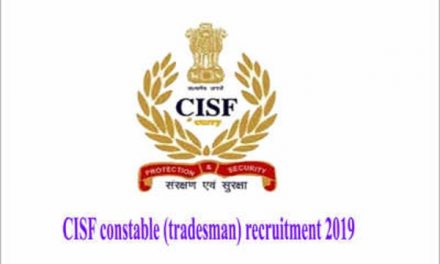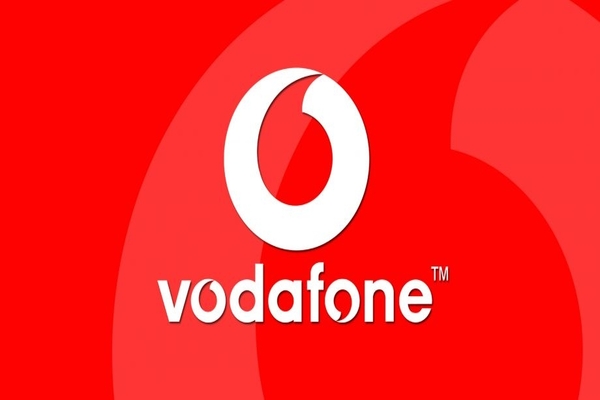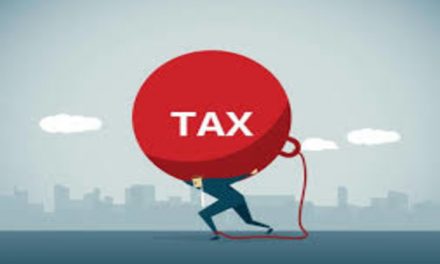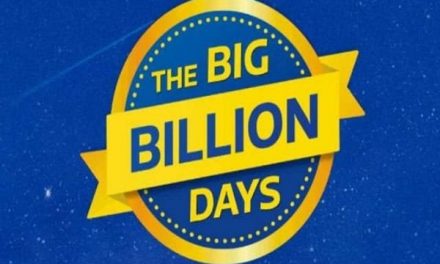In the first step to regulate digital content, the government has expanded the powers of the information and broadcasting ministry to start regulating over the top, or rules for OTT platforms such as Netflix, Amazon Prime videos and Hotstar and other digital content including online news.
Also read: FASTags mandatory for all four-wheelers from January 1, 2021: govt.
The change is part of a comprehensive exercise at the I&B ministry to enact a new law that would decriminalise offences under the 1867-vintage Press and Registration of Books Act and make it mandatory for news websites to get themselves registered with the Registrar of Newspapers of India (RNI). The proposed law is to be placed before the Union Cabinet soon.
Also read: ICMR Recruitment 2020: Apply for 65 posts: see the imp. dates and process to apply
The presidential order amending the powers of the information and broadcasting ministry was issued on Monday, weeks after public interest litigation was filed in the Supreme Court that sought directions to the Centre to set up a mechanism to monitor, manage and regulate content on video streaming platforms. The order brought films and audio-visual programmes made available by online content providers and news and current affairs content on online platforms under the purview of the I&B ministry.
People familiar with the matter told Hindustan Times that the order is the outcome of an exercise that had been started in the government some time back and isn’t directly linked to the petition before the Supreme Court.
“Prime Minister Narendra Modi had ordered for the change in the I&B ministry’s powers on May 30,” a senior government functionary said.
He said the government had been receiving complaints about unregulated, sexually-explicit, vulgar and legally restricted content being put out by the OTT platforms and others. “But there was no mechanism to redress the grievances that people had,” the functionary said.
The ministry of electronics and information technology, or Meity, the only department of the government that could have any jurisdiction over the digital media, is not equipped to monitor content but only the technical aspects.
The information and broadcasting ministry are likely to require these platforms to enlist with the ministry to be able to operate in the country. This would imply that even international on-demand streaming services such as Netflix and Amazon Prime Videos would be required to register with the government and follow the ground rules for the videos that they stream, an official of the information and broadcasting ministry said. This would bring the treatment of foreign players on par with domestic players such as MX Player, Voot, Altbalaji, ZEE5, Sun NXT and Eros.
Parallelly, the government has also finalised the draft Registration of Press and Periodicals (RPP) Bill that has been in the works for years. In its refurbished format, the proposed law would make it mandatory for news websites and online channels to register with the government.
Officials said there was a need for a mechanism to ensure that digital content did not cross the widely-accepted redlines. While there is a Press Council of India headed by a retired judge to hear complaints relating to the print media, television news channels come under News Broadcasters Association (NBA).
The changes, seen as an effort to level the field between the traditional media and the digital media space, also simplify the registration procedures. For instance, news websites and newspapers would not need to file a separate request to the district magistrate but only apply online to the Press Registrar General, which shall seek the feedback from the district magistrate concerned, before approving the request.












